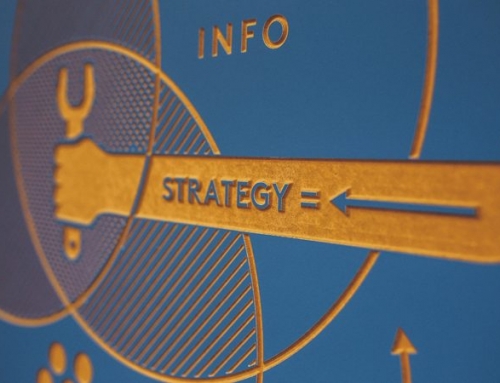Understanding data is now an essential part of digital marketing, no matter what area or industry your business operates in. Intuition and an understanding of the areas that data cannot reflect on are still important but with detailed information now available about your potential customer’s shopping habits, location and income, you can tailor your campaigns to ensure they’re reaching all the right people.
The amount of data available is now greater than ever and learning to use it all correctly can sometimes feel a little overwhelming, especially for those with no experience or who are new to this area of the digital marketing landscape.
There are plenty of tools available to help you, though and with a little knowledge of things like google analytics and specifically designed programs like Hadoop and Cassandra, you can make the most of the wealth of information available and improve your digital marketing campaigns exponentially. There are many different reasons to use big data in digital marketing but here some of the ones we think are the most important.
Helps you to ensure your advertising is targetted to the right people
There’s no point in trying to sell to a market that has no interest in your product so targetted marketing is essential if you want to ensure you are reaching the most relevant audience. Platforms such as Instagram and Facebook are already well known for managing their adverts so that they are relevant to their user’s tastes and preferences. If you are not already doing so, paying for targetted facebook or Instagram ads can be a great way to generate interest in your brand.
If you ensure that you are reaching out to customers who have already expressed an interest in similar products or services to your own, you will have a much higher chance of increasing conversion rates. Outside of the more popular platforms, there are other companies you can provide you with high volumes of detailed information on your potential customer base as well. Paying a company to do this can be expensive but it also means that you don’t need to do any guesswork in terms of what your potential clients are looking for as you have a clear breakdown of things like their most used search terms.
It improves customer relationships over time.
Though it may not be the first thing you would consider, using big data can actually help you to improve the quality of the relationship you have with your customers. Beyond the seemingly faceless numbers and reports, there are real people.
When you understand exactly what your customers like about your products or services and perhaps more importantly, what they don’t like, you can work to continuously improve in line with what the data is telling you. For example, if your customers seem to love a particular range of products that you sell but are not satisfied with your delivery service, this gives you a clear and manageable goal to work on.
In addition to this, by consulting the data you have to find out where else your customers shop and what other products or services they have an interest in, you can work out how to provide them with a more tailored experience each time they interact with you. This technique has proven to improve customer loyalty over time, which makes sense as consumers are becoming more receptive to marketing that plays to their specific tastes, rather than campaigns that are more generalised.
You know when and where to release your campaigns.
Even if you ensure that your content is fresh, up to date and relevant, it won’t perform well if you release it in the wrong place and the wrong time. Big data can help you work out when your customers are online and also where they are going.
By scheduling posts to appear at the optimum time, you are maximising the chances of potential and existing customers see them. Data is available on when articles, blog posts and videos seem to perform best, so try to use it if you can. The difference between posting something in the middle of the night and the middle of the working day can be quite significant in terms of hit rate and performance. Ensure that your well-timed campaigns are being posted in the right places, too.
A well-positioned advert on a regularly browsed forum, facebook page, Instagram feed or marketplace can work wonders but it will perform poorly if you don’t use the data to tell you where your clients are browsing on a day to day basis.
Though it might seem obvious, this is one of the main reasons many companies decide to use big data. Paying for a company to provide you with large amounts of specific data on your potential and existing customers have been proved to be one of the most effective ways of boosting your overall sales.
Though the initial outlay can feel an expensive investment, the potential for returns on this immense. When you know who your customers are in terms of their personalities, likes, dislikes and spending habits, you start getting a better understanding of what motivates them to make a purchase or use a service. Not only that, but you can find more of the people who share your customer’s preferences and target them in campaigns, safe in the knowledge that they will be far more likely to convert than a group of randomly selected consumers.
Essentially, when customers feel like their needs are being met by a brand, product or service, they are far more likely to come back and provide repeat business. Big data means you can understand the specific needs of your client base and ensure that you are meeting these with every interaction. Over time, as the details in your data become more specific, your chances of reaching as many potential customers as possible increases.







